Capitals Facing Offseason Trade-Off After Cup Win
Capitals Facing Offseason Trade-Off After Cup Win
While Capitals players and team management celebrate, the latter has plenty of work to do ahead of the 2018-19 season.
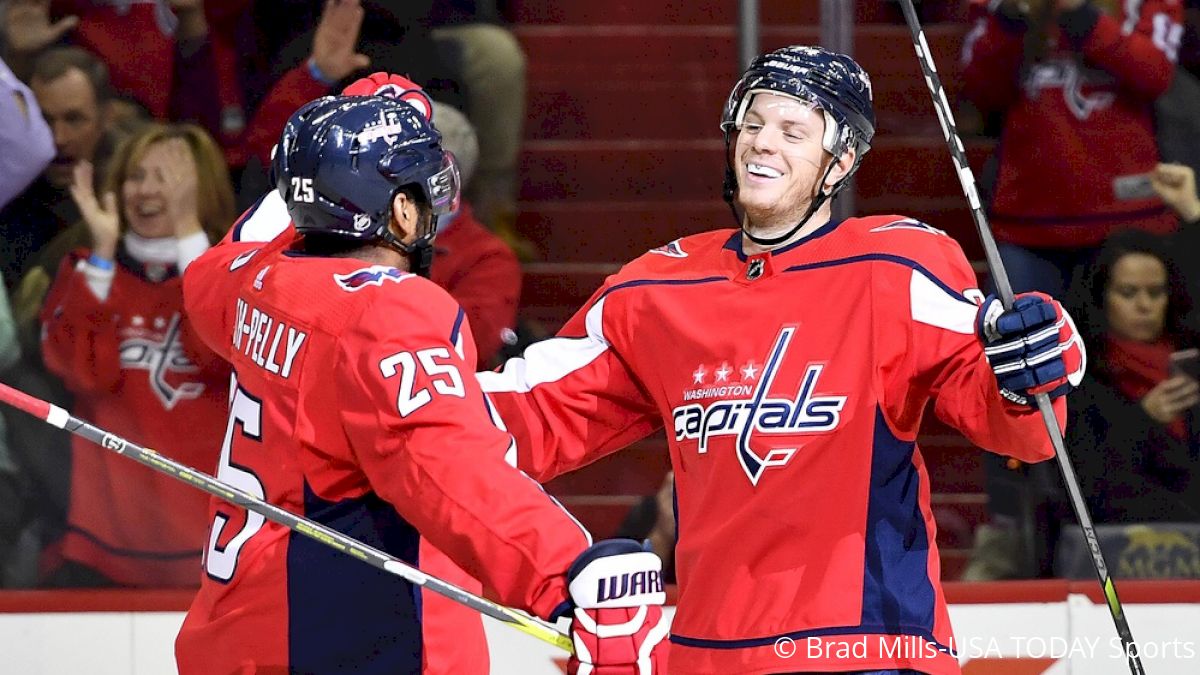
By Jacob Messing
Last week, the Washington Capitals proved D.C. sports teams could win by claiming their first Stanley Cup after 43 years in the NHL.
Alex Ovechkin and company have celebrated accordingly, parading the Cup through the nation’s capital and allowing fans to embrace the championship alongside the team. But while the players and team management celebrate, the latter has plenty of work to do ahead of the 2018-19 season.
On July 1, NHL free agency opens up and the Capitals’ No. 1 defenseman, John Carlson, is set to become a highly sought-after unrestricted free agent ready for payday. Carlson led all defenseman this season with 68 points (15 goals, 53 assists), and as a 28-year-old with a right shot and as much defensive proficiency as offensive, he’ll create a bidding war if he doesn’t sign an extension prior to July 1.
The Capitals have a shade over $11 million in cap space, but the need to re-sign Carlson, top-line winger Tom Wilson, backup Philipp Grubauer, a couple of playoff standouts in Devante Smith-Pelly and Michal Kempny and fill out the rest of the roster will add up quickly—especially since Carlson could command $8 million (or more) himself.
Finally winning the Cup brings pros and cons to re-signing Carlson. He could take a home deal and continue his career with the only team he’s ever known as the clear-cut No. 1 defenseman on a Cup-winning team, or he could look at the Capitals’ aging core and decide to cash in and help lead a new team to a championship. It’s a sticky situation.
That’s operating under the current cap of $75 million, which is projected to raise anywhere from $78 to $82 million for 2018-19, which would be a blessing for Washington.
Bill Daly says the current projection for the salary cap is around $80 million, up $5 million from this season; however the NHL still needs to negotiate the growth factor with the NHLPA later in June so there's no hard number quite yet.
— Pierre LeBrun (@PierreVLeBrun) May 28, 2018
A few financial restitutions could be trading away a bigger contract already on the books. Ovechkin and Kuznetsov aren’t going anywhere. T.J. Oshie signed an eight-year, $46 million extension last summer and Lars Eller signed a five-year, $17.5 million extension during the season—they’re clearly favored pieces in the organization.
On the backend, Matt Niskanen, Dmitry Orlov, and Brooks Orpik all make more than $5 million per season but are also key cogs on the blue line, even more so should the team lose Carlson.
At 37 and a cap hit of $5.5 million, Orpik could be a prime buyout candidate to make room for Carlson. The traveled veteran could also be mulling retirement, opting to go out on top with the second Cup of his career.
That brings us to Nicklas Backstrom and Braden Holtby. Backstrom, 30, has taken a back seat to Kuznetsov as the top-line winger, but his skill set is still incredibly impressive without Ovechkin as a linemate. However, his cap hit of $6.7 million could be viewed as too much for a second-line center, even of his ability. It’s not an endorsement to moving the two-way premier playmaker, but should Washington value Carlson more, Backstrom would fetch a comparable roster center or top prospect and likely more in the right deal.
It’s another long-shot scenario, but Holtby’s $6.1 million cap hit is certainly moveable for a team in need of a high-end goaltender. Yes, Holtby just won a Cup with the Capitals, which should erase the worst statistical regular season of his career. But Grubauer has proven he’s in the “better than a backup” category.
Washington also signed 2015 first-round pick (22nd overall) Ilya Samsonov. The 21-year-old netminder tore up the KHL and is an intriguing option to tandem with Grubauer should the Caps shed Holtby’s contract. The duo would come in cheaper than Holtby alone and the growing pains would be easy enough to swallow if it means Carlson is there to help in his own zone.
Options are plenty—and few—in Washington as the clock ticks closer to July 1 and management begins to focus in on the realization of losing a key component.
In the end, the Capitals are facing the seriousness of the trade-off that comes with winning a Stanley Cup in the salary cap era. Great teams are forced into tough decisions when everything comes together. Now, Washington has to decide the importance of each player moving forward, order them, and make the tough decisions.
Have a question or a comment for Jacob Messing? You can find him on Twitter @Jacob_Messing.
Related Content
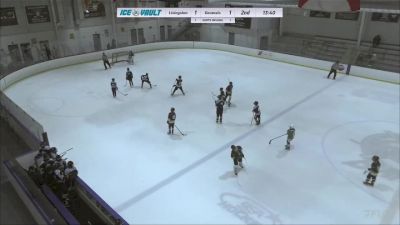 Replay: Home - 2024 Livingson MS vs Generals Blue MS | Apr 18 @ 7 PM
Replay: Home - 2024 Livingson MS vs Generals Blue MS | Apr 18 @ 7 PMApr 19, 2024
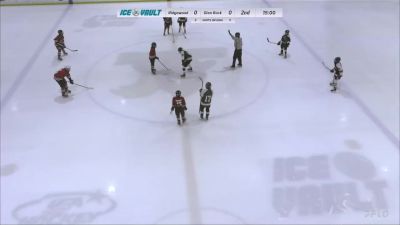 Replay: Home - 2024 Ridgewood MS vs Glen Rock MS | Apr 18 @ 7 PM
Replay: Home - 2024 Ridgewood MS vs Glen Rock MS | Apr 18 @ 7 PMApr 19, 2024
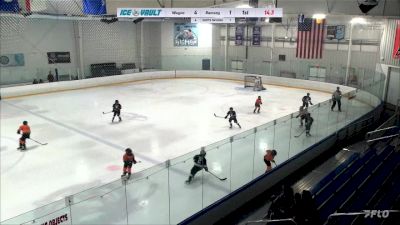 Replay: Home - 2024 Wayne SQT vs Ramsey SQT | Apr 18 @ 6 PM
Replay: Home - 2024 Wayne SQT vs Ramsey SQT | Apr 18 @ 6 PMApr 18, 2024
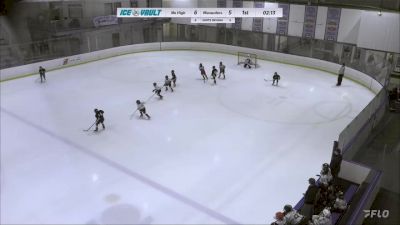 Replay: Home - 2024 Highlands Black vs Marauders SQT | Apr 18 @ 5 PM
Replay: Home - 2024 Highlands Black vs Marauders SQT | Apr 18 @ 5 PMApr 18, 2024
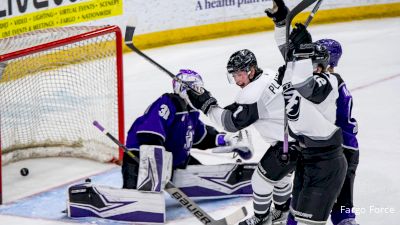 2024 USHL Conference Semifinals: Matchups, Predictions And How To Watch
2024 USHL Conference Semifinals: Matchups, Predictions And How To WatchApr 18, 2024
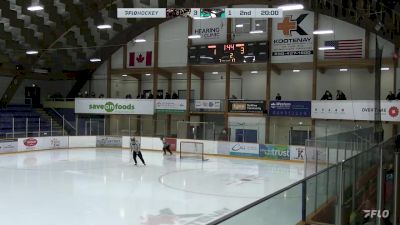 Replay: Home - 2024 Revelstoke vs Saanich | Apr 18 @ 12 PM
Replay: Home - 2024 Revelstoke vs Saanich | Apr 18 @ 12 PMApr 18, 2024
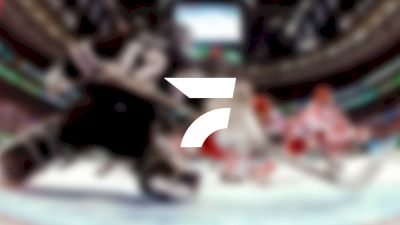 How to Watch: 2024 Winkler Flyers vs Steinbach Pistons | Hockey
How to Watch: 2024 Winkler Flyers vs Steinbach Pistons | HockeyApr 18, 2024
 How to Watch: 2024 Steinbach Pistons vs Winkler Flyers | Hockey
How to Watch: 2024 Steinbach Pistons vs Winkler Flyers | HockeyApr 18, 2024
 How to Watch: 2024 Winkler Flyers vs Steinbach Pistons | Hockey
How to Watch: 2024 Winkler Flyers vs Steinbach Pistons | HockeyApr 18, 2024